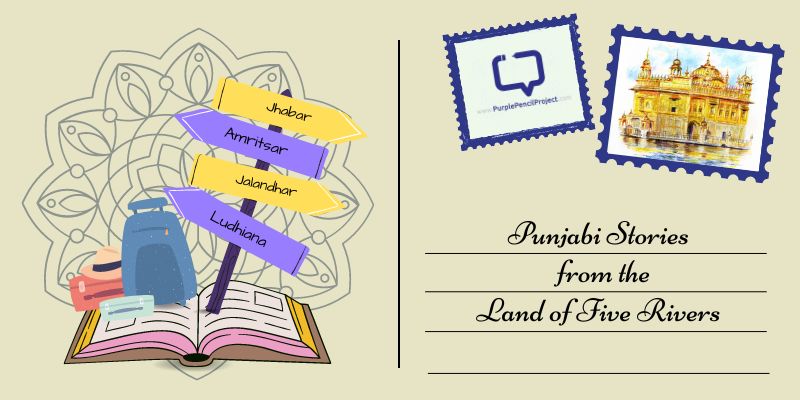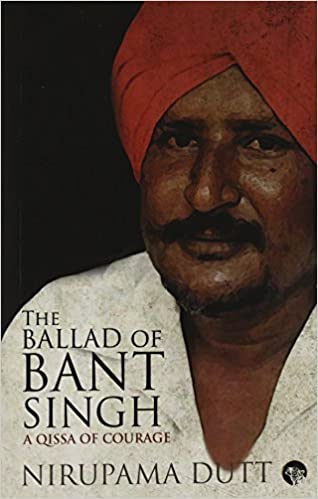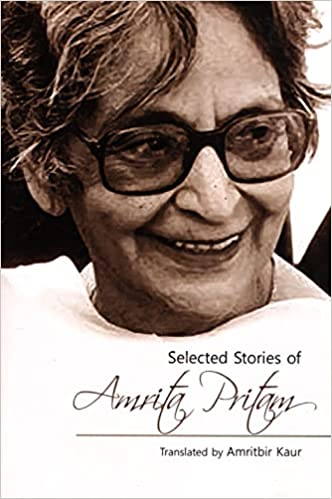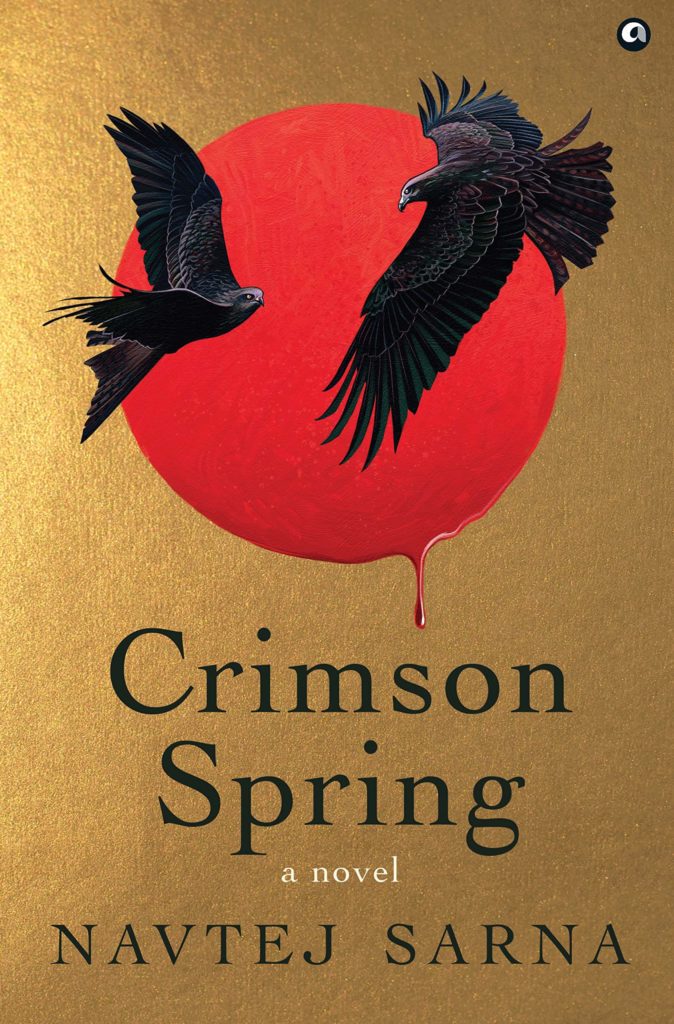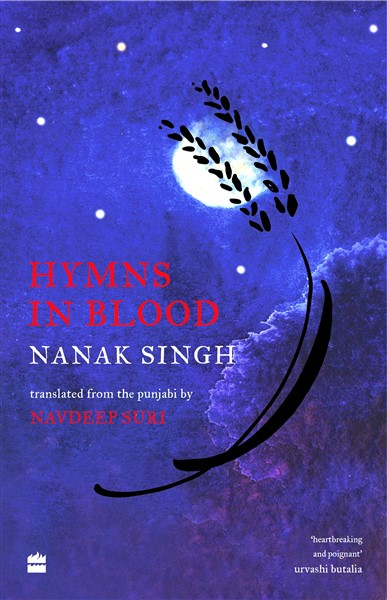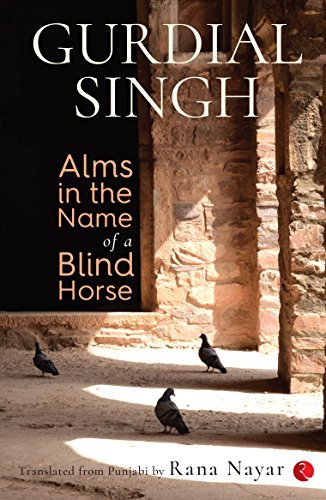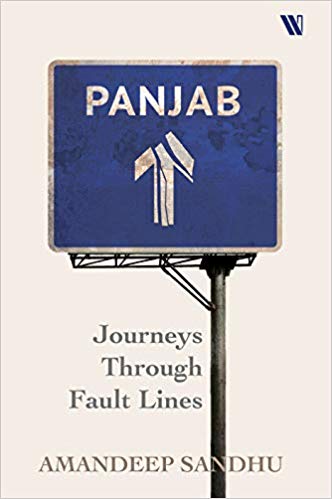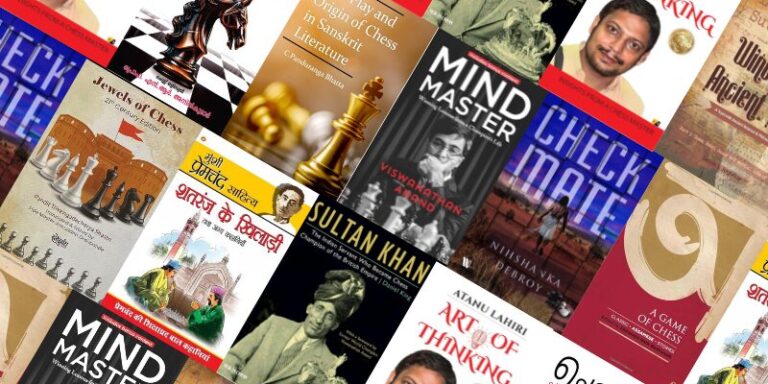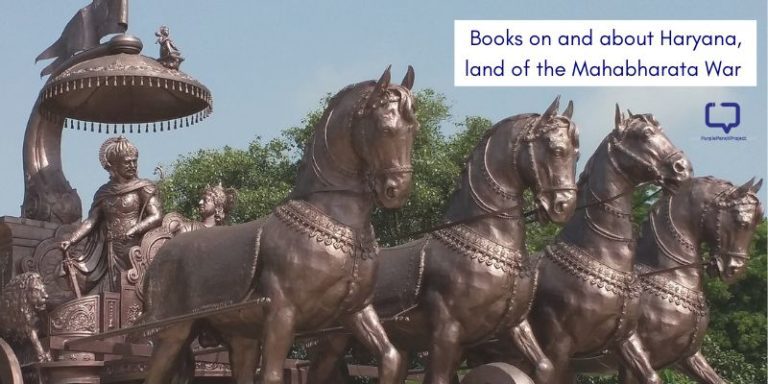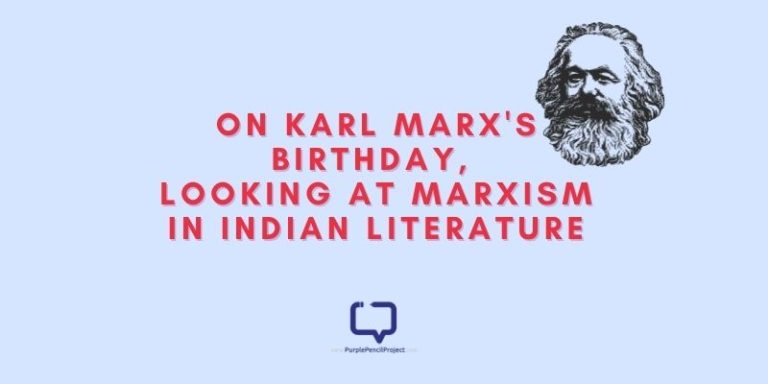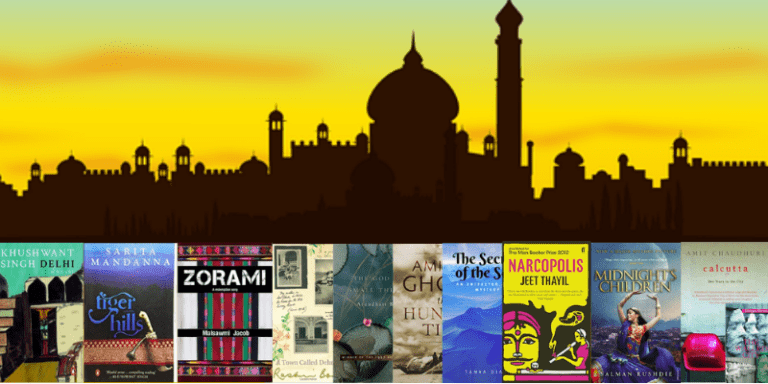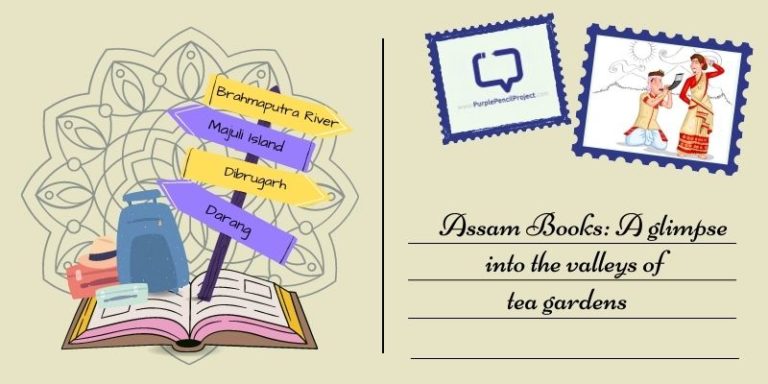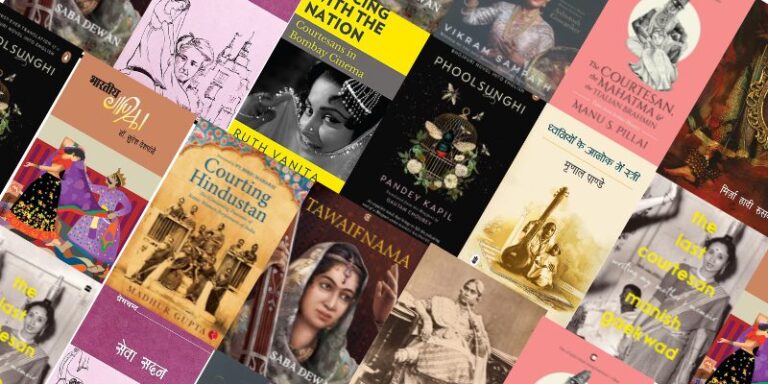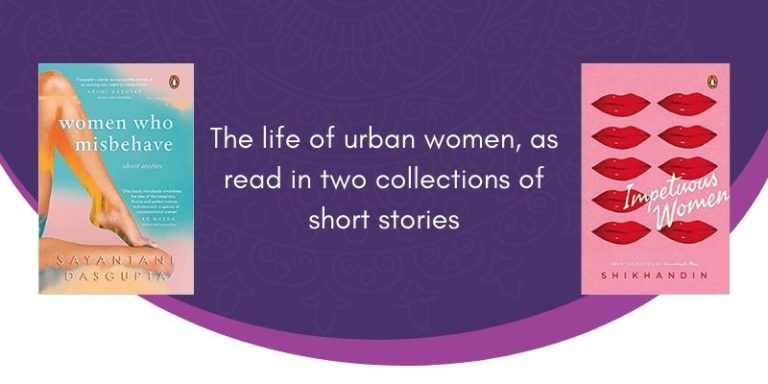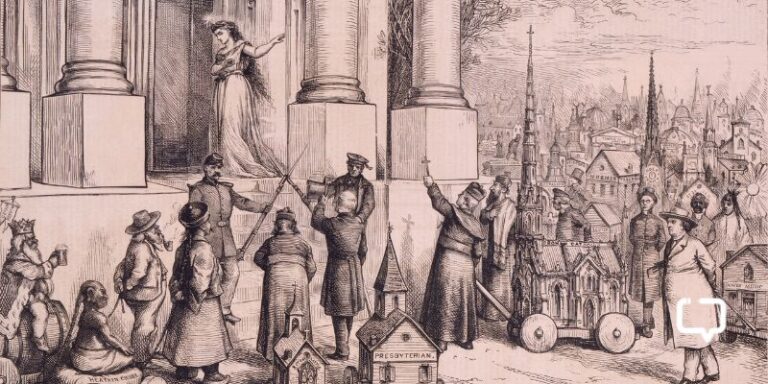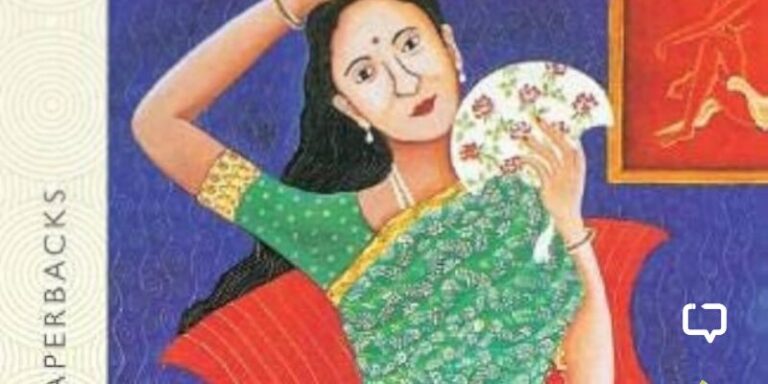Deriving its name from five full-bodied rivers–Sutlej, Beas, Ravi, Jhelum, and Chenab–which flow through its vast plains, Punjab is representative of abundant things. Punjab is a land of ethnic and religious diversity, having borne and shaped a number of religious movements that include Sikhism, Buddhism and Sufism. The language of the state, too, finds its origin in the Indo-European linguistic family that includes Persian and Latin, with which India’s literature has been enriched by Punjabi stories. Naturally replete with fertile soils and rich water sources, it is primarily an agricultural state, and has continually and infinitely contributed to the food security of the Indian Republic.
We encourage you to buy books from a local bookstore. If that is not possible, please use the links on the page and support us. Thank you.
Discover the social landscape of the state known for its heartiest welcomes and delectable food!
This list of books is curated by Amritesh Mukherjee for Purple Pencil Project’s Instagram.







